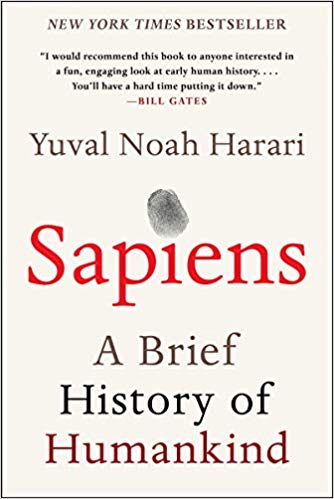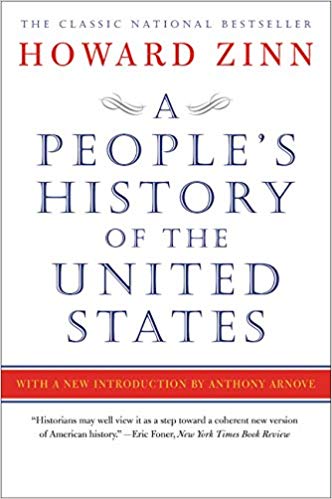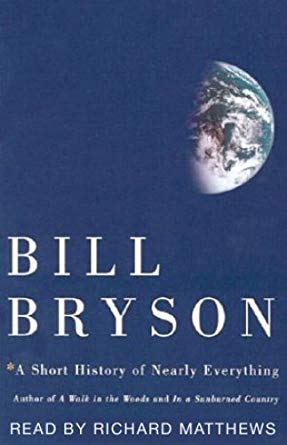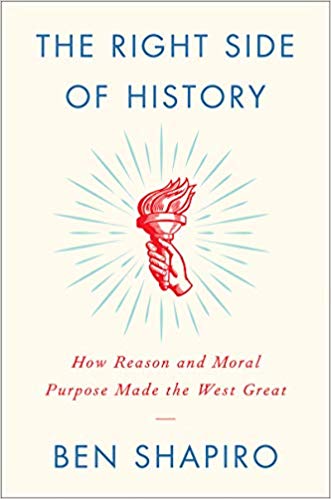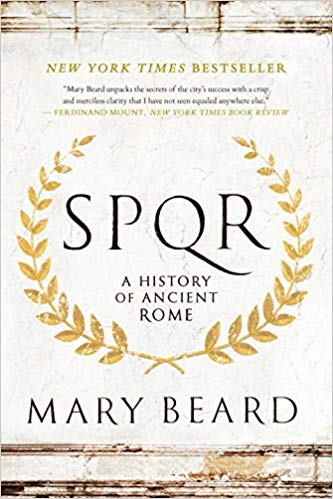Yuval Noah Harari Sapiens: A Brief History of Humankind
Last updated: June 26, 2019
Books covering the evolution of man often focus on science. Yuval Noah Harari's "Sapiens: A Brief History of Humankind" looks into why the human species has evolved the way it has vs. other species that took a different path. Harari does inject personal opinion into some of the writing. But it's from the perspective of a professor with a PhD in history.
We looked at the top History Books and dug through the reviews from some of the most popular review sites. Through this analysis, we've determined the best History Book you should buy.
Product Details
In our analysis of 60 expert reviews, the Yuval Noah Harari Sapiens: A Brief History of Humankind
placed 1st when we looked at the top 9 products in the category. For the full ranking,
see below.
From The Manufacturer
One hundred thousand years ago, at least six human species inhabited the earth. Today there is just one. Us. Homo sapiens. How did our species succeed in the battle for dominance? Why did our foraging ancestors come together to create cities and kingdoms? How did we come to believe in gods, nations, and human rights; to trust money, books, and laws; and to be enslaved by bureaucracy, timetables, and consumerism? And what will our world be like in the millennia to come? In Sapiens, Professor Yuval Noah Harari spans the whole of human history, from the very first humans to walk the earth to the radical—and sometimes devastating—breakthroughs of the cognitive, agricultural, and scientific revolutions. Drawing on insights from biology, anthropology, paleontology, and economics, and incorporating full-color illustrations throughout the text, Harari explores how the currents of history have shaped our human societies, the animals and plants around us, and even our personalities. Have we become happier as history has unfolded? Can we ever free our behavior from the legacy of our ancestors? And what, if anything, can we do to influence the course of the centuries to come? Bold, wide-ranging, and provocative, Sapiens integrates history and science to challenge everything we thought we knew about being human: our thoughts, our actions, our heritage…and our future.
Expert Reviews
What reviewers liked
Fortunately, Sapiens doesn’t read like a textbook. It entices the readers from the first page and flows well, connecting lots of information in an interesting way.
What’s unique about Harari’s take is that he focuses on the power of stories and myths to bring people together. Homo sapiens has the special ability to unite millions of strangers around commons myths.
Harari’s pictures of the earliest men and then the foragers and agrarians are fascinating. He is best, in my view, on the modern world and his far-sighted analysis of what we are doing to ourselves struck many chords with me.
His ideas are interesting and often amusing: Why have humans managed to build astonishingly large populations when other primate groups top out at 150 individuals? Because our talent for gossip allows us to build networks in societies too large for personal relationships between everyone, and our universally accepted “imagined realities”--such as money, religion, and Limited Liability Corporations—keep us in line.
Interestingly, the review puts praise on the scientific revolution analysis of this book. The author indicates that it was this part that caught the attention, because it was instructive and gave insight into biotechnological revolution, which was of interest to the reviewer (Lindebaum).
Harari’s “brief history of humankind" answers its own question in the Diamond vein: dizzying heights of knowledge summarized in a paragraph, deep insights delivered in zinging one-liners.
Throughout his account, Harari is able to be as refreshingly clear in his discussions of biology, of evolutionary anthropology and of economics as he is of historical trends. His necessarily speculative glimpse of how religion began is effective and convincing.
What reviewers didn't like
Sapiens feels like a textbook when you first pick it up. It’s heavy too (I definitely can’t lug this one around in my purse).
As much as I enjoyed Sapiens, there was plenty to disagree with in the book. For example, Harari sets out to prove that the agricultural revolution was one of the biggest mistakes in human history. Agricultural societies also created social hierarchies in which the majority toiled as peasants and a minority of elites ruled over them. That’s certainly a provocative argument, but I wasn’t convinced.
Harari is not good on the medieval world, or at least the medieval church. He suggests that ‘premodern’ religion asserted that everything important to know about the world ‘was already known’ (p279) so there was no curiosity or expansion of learning.
A considerable portion of the book is spent superficially discussing a multitude of things, such as Buddhism, money, empires, humanism, capitalism, etc., that in terms of the creation vs evolution issue are arguably less relevant; In conclusion, as a Christian, I could not in good conscience recommend this book to anyone, as it is saturated in evolutionary and atheistic philosophy, and as a result gets many things wrong.
From our partners
